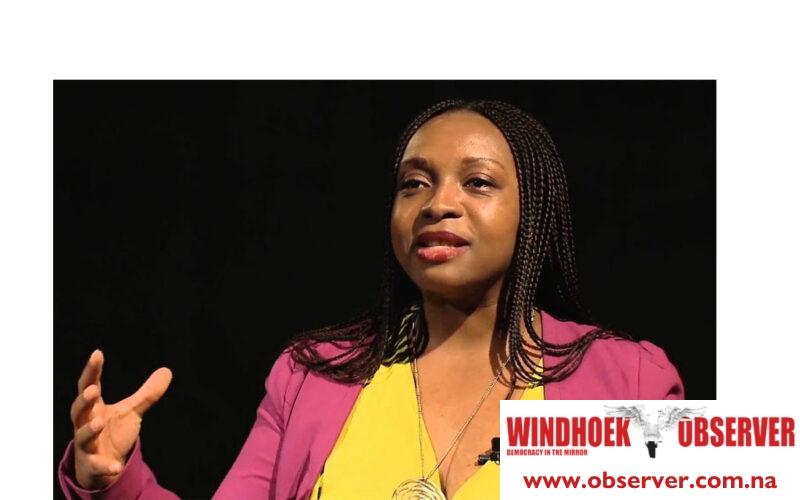Yemisi Akinbobola
Welcome to September, a month that often marks a time of reflection and renewed commitment. With just 12-weeks before the 16 Days of Activism commences on 25 November, it is crucial for us as media practitioners to remember the role we play in reporting on gender-based violence, particularly when it involves minors. Our work carries immense weight, and how we handle these stories can either foster change or perpetuate harm. In Nigeria, where Kano remains the only state yet to pass the Violence Against Persons Prohibition (VAPP) Act, the need for responsible, ethical journalism is more pressing than ever.
At African Women in Media (AWiM), we recognise the responsibility that comes with reporting on these sensitive issues. That’s why, at AWiM23, we launched the Kigali Declaration on Media and Gender Violence in and through Media in Africa, setting minimum standards for how the media, tech platforms, regulators and others should engage with incidences of gender-based violence.
Consider the recent case in Nigeria, where a 15-year-old boy is currently detained for assaulting and raping his 14-year-old classmate. Or the case from last August in Ethiopia about ‘the brutal rape and murder of a seven-year-old girl’ with many saying the sentence given to her attacker is too lenient. Or the report on child on child violence as a group of 9 year old boys gang rape a 3 year old girl during playtime in South Africa. The public outcry that followed underscored the intense emotions these cases evoke. As media practitioners, we must navigate these waters carefully, avoiding sensationalism or reporting that could further victimize those involved. Instead, we should focus on the broader systemic issues, such as the need for legislation like the VAPP Act to be adopted and actioned, and the potential benefits of a sex offenders registry.
As we navigate these complex issues, it’s important to remember that you’re not alone.
AWiM offers a range of resources to support you in your reporting. From courses on Reporting Violence Against Women and Girls available through AWiMLearning, to well researched and written reports on violence against women and girls from a gender perspective on AWiMNews, we provide tools designed to help you report ethically and effectively. Additionally, the Kigali Declaration is available for individuals and organisations to sign and adopt, ensuring that your team is aligned with the highest standards of journalism.
As we continue our work this September and beyond, let us use these resources to empower ourselves and our colleagues to tell these important stories in a way that contributes to a safer, more just society for all.
Yemisi Akinbobola is senior lecturer Birmingham City University and co-founder, African Women in Media




